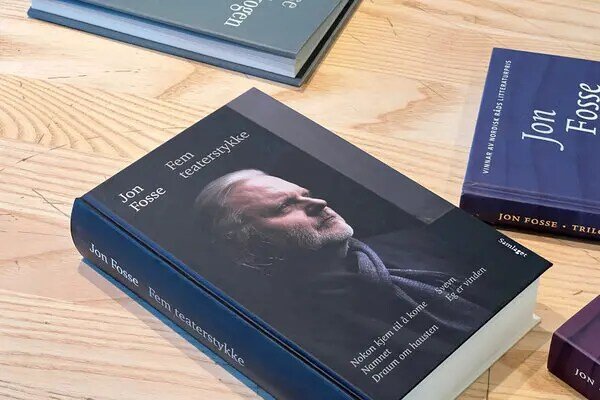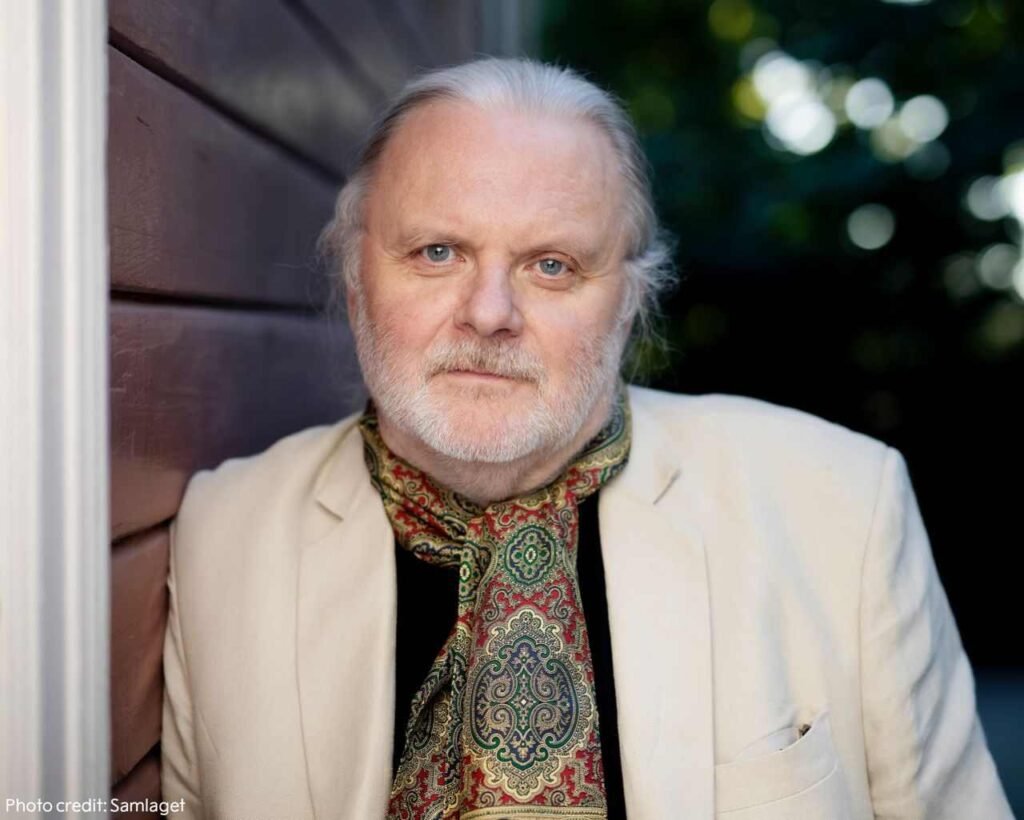In a momentous announcement, the Nobel Prize in Literature for 2023 has been conferred upon Jon Fosse, a distinguished 64-year-old playwright hailing from Norway. Fosse’s illustrious career has been defined by his innovative contributions to the realms of theater and prose, where he has adeptly conveyed profound emotions and sentiments.
While Jon Fosse may not be a globally recognized figure outside his homeland of Norway, he has garnered substantial international acclaim within literary circles. Often lauded as “the most prolific living playwright,” Fosse has been the recipient of esteemed awards throughout Europe. He has enjoyed unwavering support from the Norwegian government, which has provided him with a lifetime stipend and a residence in close proximity to Oslo’s Royal Palace. Furthermore, his contributions were acknowledged with a knighthood in France’s National Order of Merit in 2007.

The citation from the Nobel committee underscores Fosse’s extensive body of work, composed in Norwegian Nynorsk and spanning a diverse array of genres, including plays, novels, poetry collections, essays, children’s literature, and translations. While he is widely known for his contributions to the theater, Fosse’s talent in prose has also been steadily gaining recognition.
Fosse has often been compared to literary luminaries such as Henrik Ibsen and Samuel Beckett. Chairman of the Nobel committee, Damion Searls, recognized Fosse’s artistic prowess, particularly his ability to navigate the evolving landscape of modernism. In a 2015 essay for The Paris Review, Searls drew a different parallel, likening Fosse to “the quiet one” among Norwegian literary giants, much like George Harrison in the Beatles – characterized by mysticism, spirituality, and a reputation as one of the finest craftsmen in his field.

Jon Fosse initially embarked on his literary journey as a novelist and transitioned to theater in his forties. His breakthrough onto the international stage came in 1998 with the Paris production of his debut play, “Nokon kjem til å komme” (translated as “Someone Is Going to Come”), originally penned in 1992. Since then, his works have graced stages in more than 60 countries around the world, a testament to his global appeal, as confirmed by his translator, Ann Henning Jocelyn.
While celebrating Jon Fosse’s well-deserved recognition, it’s worth noting that the Nobel Committee has faced criticism for its historical focus on European and Anglophone authors, with limited recognition for writers from diverse backgrounds. Over the past two decades, only five writers of color have received the prestigious Literature Prize. In 2022, the award was bestowed upon French author Annie Ernaux, who is now 83 years old.

Summary:
The blog delves into the achievements of Jon Fosse, a Norwegian playwright who received the 2023 Nobel Prize in Literature. Despite being lesser-known outside Norway, Fosse has earned global recognition for his innovative contributions to theater and prose. The blog explores his diverse body of work, comparisons to literary giants, and his transition from a novelist to a playwright. Additionally, it touches on the criticism the Nobel Committee has faced for its historical focus on European and Anglophone authors, emphasizing the need for greater diversity in literary recognition.
Read more : https://truereviewmagazine.com/










